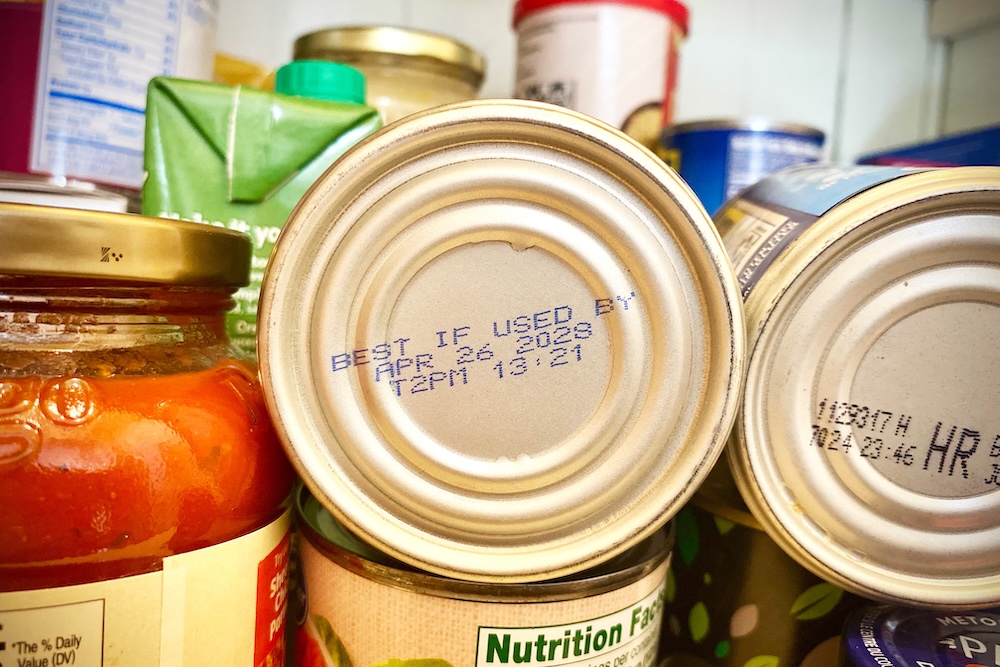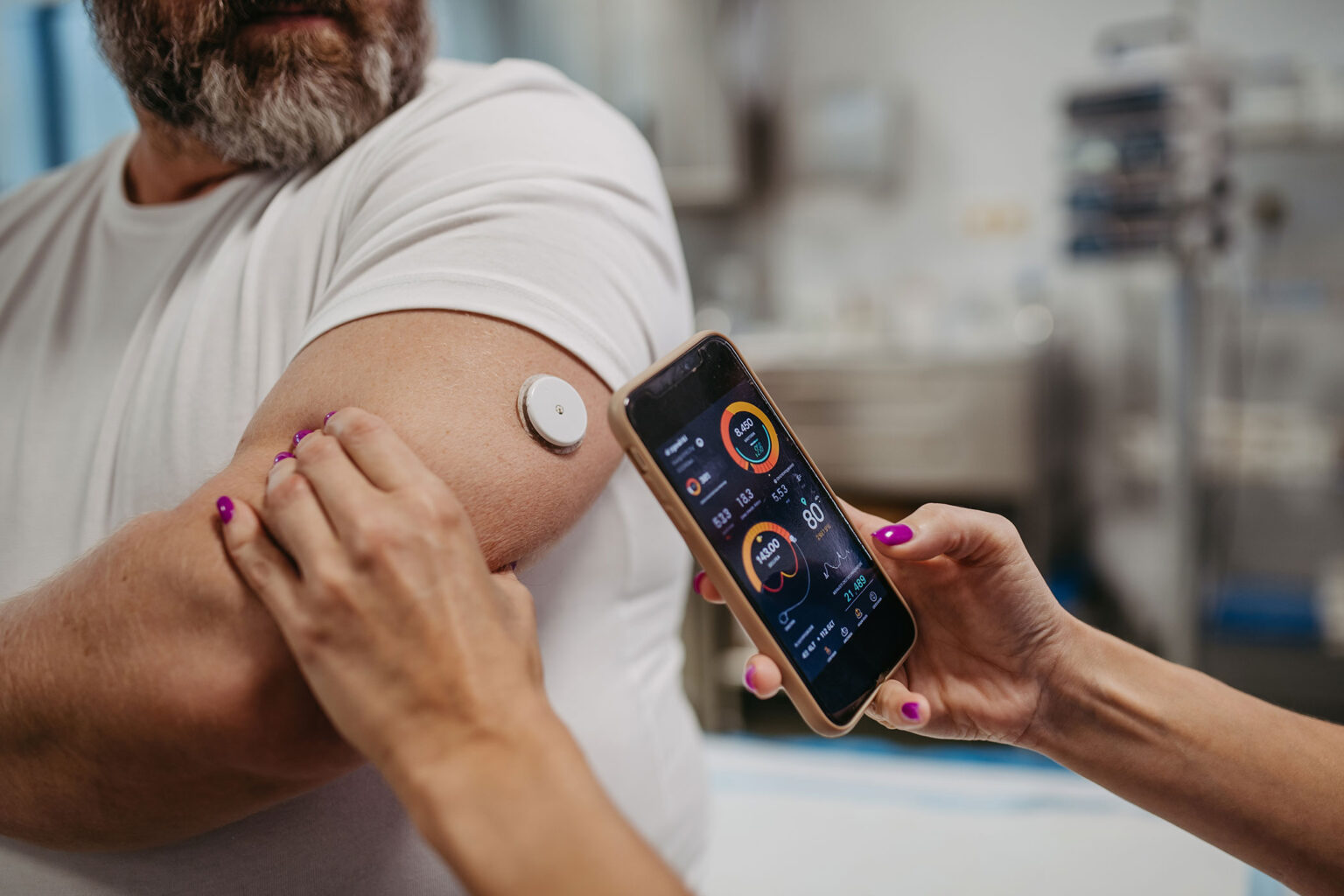Many people start their day with a cup of coffee, and that’s not necessarily a bad habit.
The U.S. Food and Drug Administration (FDA) considers moderate caffeine intake to be 300 milligrams of coffee each day. That’s two to four cups. And studies show that coffee, in moderation, can promote a variety of health benefits.
Like many others, I love coffee. I can’t leave home without drinking my cup of coffee in the morning. But people sometimes think that, because I am from Colombia, I drink coffee all day long; I don’t.
In Colombia, most people drink coffee three or four times a day from a small, 4-ounce cup. This coffee is not espresso. It is an Americano-style coffee, served with regular sugar and no cream.
My morning cup of coffee is almost 4 ounces and gives me 79-89 milligrams of caffeine. I have a serving of instant coffee after lunch at work that gives me close to 65 milligrams of caffeine.
As a University of Georgia Cooperative Extension Family and Consumer Sciences agent, I’d like to share the following health benefits of caffeine.
Caffeine, in moderation, is safe for children. However, as with all foods and beverages, parents need to exercise common sense as far as the amount of caffeine they allow their children to consume.
Caffeine in moderation during pregnancy is safe. However, pregnant women should monitor their caffeine intake and talk to their health care providers about their caffeine intake.
Fibrocystic breast disease (FBD) is not caused or worsened by caffeine consumption. Osteoporosis is not caused or worsened by moderate caffeine intake.
Caffeine does not change blood cholesterol, nor does it cause chronic high blood pressure. However, people who have high blood pressure should consult their health care providers about caffeine intake.
Caffeine does not cause an increased risk of heart disease. However, people who have heart disease should consult their health care providers about caffeine intake.
Other studies also suggest that caffeine intake may protect against Type 2 diabetes, Parkinson’s disease, cardiovascular disease and stroke.
The effects of caffeine depend on each person’s genetic characteristics and lifestyle factors. Doctors should discuss caffeine use with their patients to determine whether patients ingest caffeine, a stimulant, at safe levels. This is particularly important for children and adolescents.
Most children don’t drink coffee until adolescence, but there are many sources of caffeine available to them before that time. A 12-ounce can of soda contains about 38 milligrams of caffeine, an 18.5-ounce bottled of iced tea contains 60 milligrams, energy drinks contain about 80 milligrams and a Hershey’s Kiss contains 1 milligram. My son and I love Hershey’s Kisses, and the serving size is only two little candies.
A listing of the caffeine content of various foods and drinks can be found at https://tinyurl.com/caffeinecontentoffood.
Caffeine acts as a stimulant by activating the central nervous system. It can combat tiredness and improve concentration and focus. According to the University of Michigan Health Service, the stimulating effects of caffeine can start as early as 15 minutes after consumption and last up to six hours.
If you enjoy drinking coffee, do so. There is ample evidence that coffee is a highly functional beverage that can give you pleasure, robust health and a long life.








